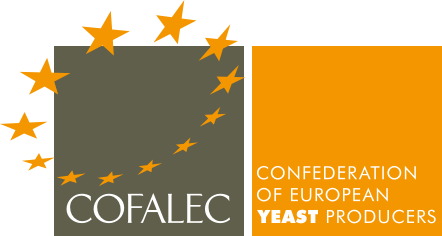A recent scientfiic study suggests that one of the mechanisms behind the anti-inflammatory properties of probiotic foods could be mediated by the interactions of human immune cells with yeast EVs.
Indeed, extracellular vesicles (EVs) are lipid-bilayered particles, containing various biomolecules, including nucleic acids, lipids, and proteins, released by cells from all the domains of life and performing multiple communication functions. Evidence suggests that the interaction between host immune cells and fungal EVs induces modulation of the immune system.
Most of the studies on fungal EVs have been conducted in the context of fungal infections; therefore, there is a knowledge gap in what concerns the production of EVs by yeasts in other contexts rather than infection and that may affect human health. In this work, we characterized EVs obtained by Saccharomyces cerevisiae and Pichia fermentans strains isolated from a fermented milk product with probiotic properties.
